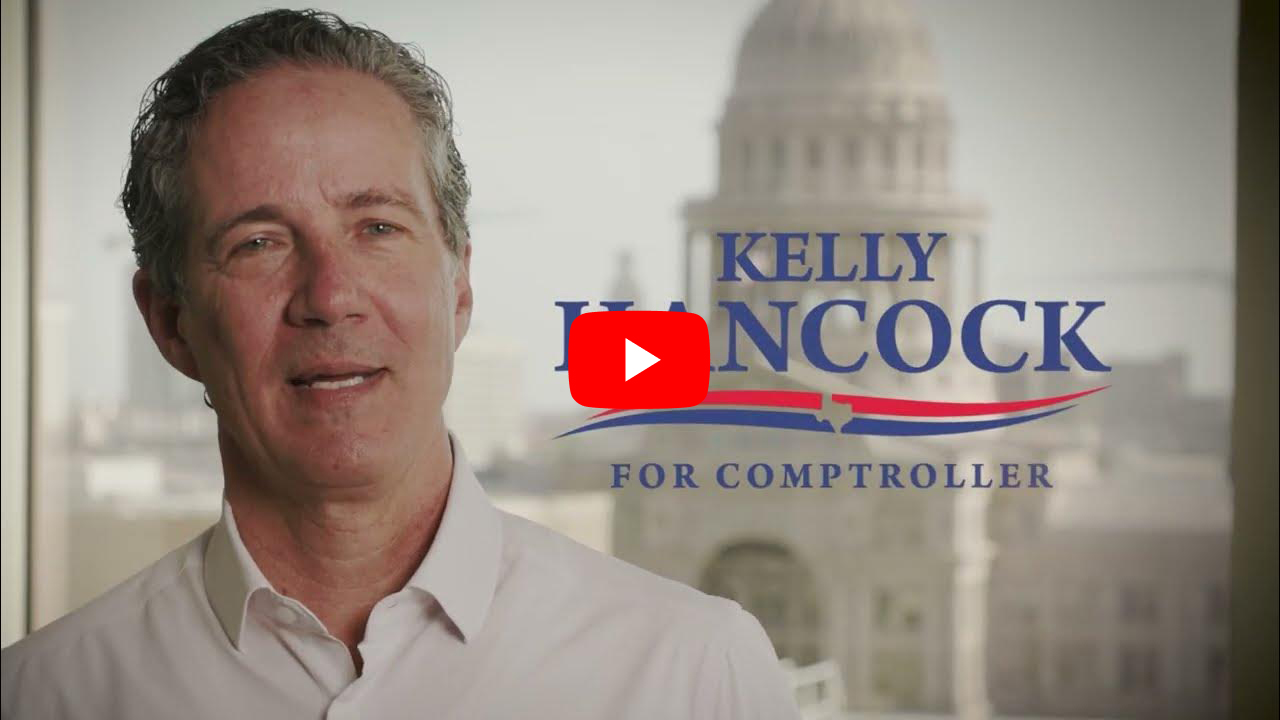North Texas state senator steps down, takes senior position in comptroller’s office
June 20, 2025By Katharine Finnerty
TEXAS — A North Texas state senator has stepped down from his role to take a senior position at the state comptroller’s office. Afterwards, he announced he was running for state comptroller.
What You Need To Know
- Former Texas Sen. Kelly Hancock, R-North Richland Hills, was sworn in Thursday as chief clerk to outgoing Comptroller Glenn Hegar, who will leave office at the end of June to become chancellor of the Texas A&M University System
- On July 1, Hancock will take over as interim comptroller
- Soon after, Hancock launched his campaign for comptroller, and he quickly received an endorsement from Gov. Greg. Abbott
- The comptroller is state’s chief financial officer and serves a four-year term
Former Texas Sen. Kelly Hancock, R-North Richland Hills, was sworn in Thursday as chief clerk to outgoing Comptroller Glenn Hegar, who will leave office at the end of June to become chancellor of the Texas A&M University System.
On July 1, Hancock will take over as interim comptroller.
“This office exists to serve every Texas taxpayer—and that’s a responsibility I take seriously. Comptroller Hegar has set a high bar for excellence in fiscal stewardship, and I’m committed to upholding that standard,” said Hancock in a statement on X.
Read more at Spectrum News 1.

